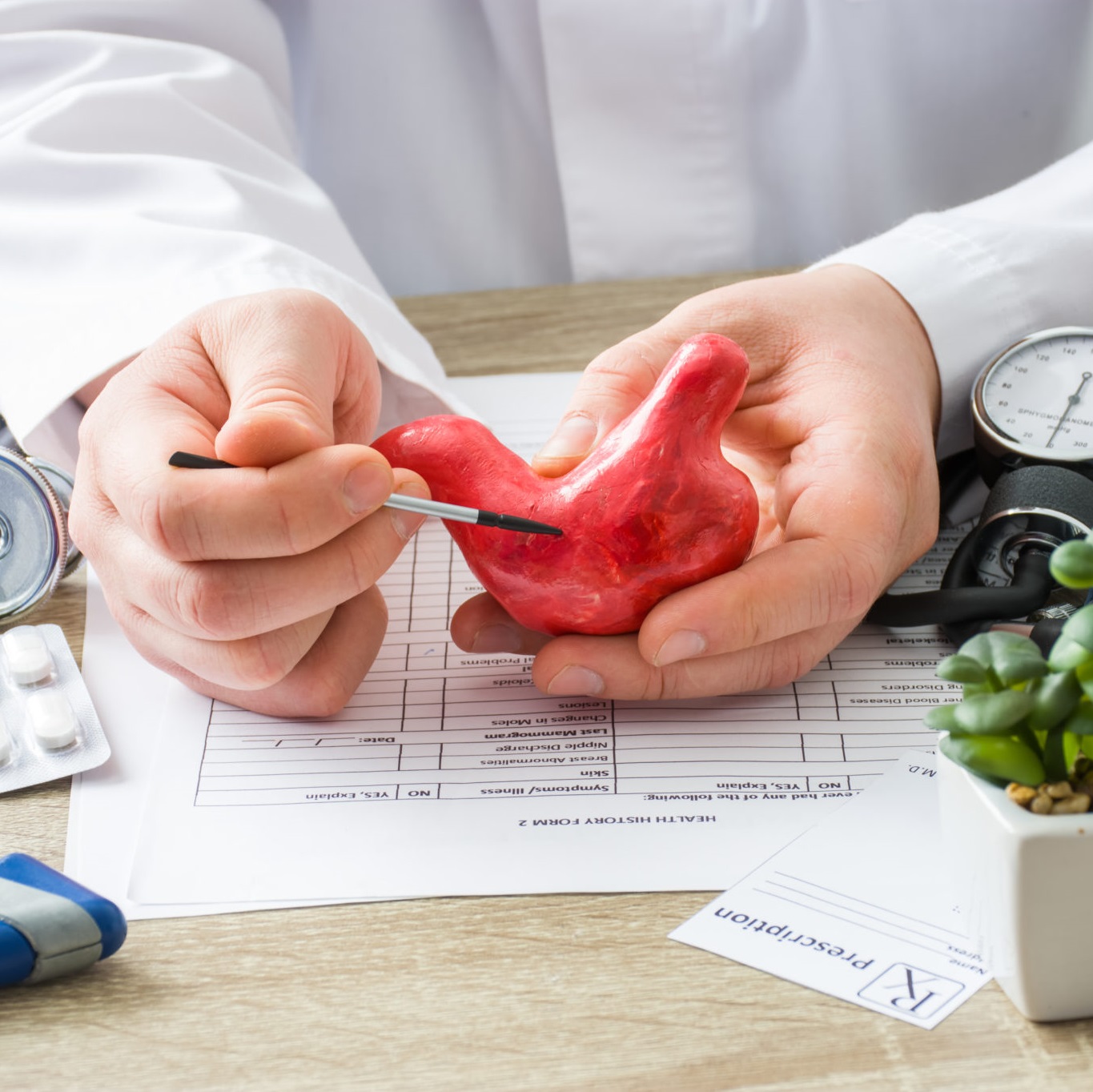Small Bowel Capsule Endoscopy Procedure in New Jersey
Exploring the full length of your small intestine can be challenging, but Small Bowel Capsule Endoscopy makes it simple and painless. By swallowing a vitamin-sized capsule containing a tiny wireless camera, you allow our specialists to see parts of your digestive tract that traditional endoscopies can't reach.
At Hackensack Meridian Health, we use this remarkable, non-invasive technology to accurately diagnose the cause of symptoms like unexplained bleeding or abdominal pain, ensuring you get the answers you need for your health.
Why a Small Bowel Endoscopy is Done
A small bowel capsule endoscopy is a procedure used to help your physician view digestive tract abnormalities, such as inflammation or bleeding in the small intestine.
There are many medical reasons for having a small bowel capsule endoscopy, such as:
- Abdominal pain
- Barium enema abnormal findings
- Bleeding
- CT Scan abnormal findings
- X-ray abnormal findings
Find a Small Bowel Endoscopy Specialist or Procedure Location
Find a gastroenterologist, small bowel endoscopy procedure location, learn more about why you should choose Hackensack Meridian Health, or view all of our gastrointestinal services and the conditions we treat.
What to Expect Before and After a Small Bowel Capsule Endoscopy
To allow for a thorough exam, your stomach should be completely empty. You should begin a liquid diet after lunch the day before and cannot have anything to eat or drink after midnight the evening before the procedure.
During the procedure, your physician will attach sensors to your abdomen. The sensors connect to a data recorder, which you will wear as a belt around your waist. Then, you will swallow a pill-sized camera with a small amount of water. The abdomen sensors will send images to the data recorder as it passes through the digestive system. You will be able to go home and take part in normal daily activities while still wearing the sensors and data recorder. After eight hours, you will return to the hospital to have the sensors and data recorder removed.
Once the pill-sized camera has passed through your system, you will have an MRI. If you observe the capsule has not passed your system, you will have an X-ray to determine its location before given an MRI. Complications are rare, but if they occur, they may include a capsule that has not passed. You must not have an MRI scan until the capsule has passed. Your physician will be able to provide you with additional information before your procedure day.
Other Types of Gastrointestinal Diagnostic Procedures
Other types of procedures include barium x-ray exams, CAT scans and MRIs. Your physician will discuss which type of procedure is best for you.
Frequently Asked Questions
A small bowel capsule endoscopy is normally an outpatient procedure that examines the entire digestive tract. This procedure examines the small intestine, which an endoscope or colonoscopy cannot view.
It can be helpful in uncovering any abnormalities that may not appear in x-rays or CAT scans. This procedure helps your physician to determine a specific diagnosis and treatment program.
We offer small bowel capsule endoscopies across New Jersey — from Bergen, Essex, Hudson, Passaic, Sussex and Union counties in the north to Middlesex, Monmouth, Burlington and Ocean counties in the central and south. Find a care location now.





